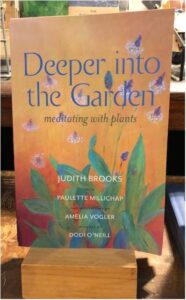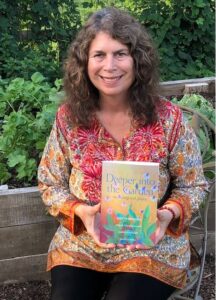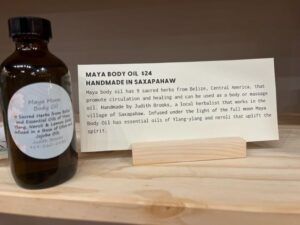Acupuncture Services
Judith treats men, women, and teens for a variety of common disorders:
- Musculoskeletal – Tennis elbow, frozen shoulder, TMJ, sciatica, back and neck pain, arthritis, carpal tunnel syndrome, fibromyalgia, tendonitis
- Respiratory – Colds and flus, bronchitis, asthma, hayfever and allergies
- Gastrointestinal – Nausea, indigestion, diarrhea, and constipation, irritable bowel syndrome (IBS), and food allergies
- Urogenital – Cystitis, stress incontinence, prostatitis
- Psychoemotional and Neurological – Depression, anxiety, overeating & food cravings, addiction, insomnia, headache, migraine, trigeminal neuralgia
Fibromyalgia
Fibromyalgia, also called fibromyalgia syndrome (FMS), is a condition that can affect anyone, but mostly affects women between 20 and 50 years of age. It is characterized by chronic muscular pain and stiffness accompanied by insomnia, fatigue, and depression.
Chinese medicine treats FMS as a liver-spleen imbalance. There are many variations of this pattern, so each FMS patient will receive their own individualized treatment.
Close attention is paid to the patient’s diet and lifestyle in order to treat the whole person and eliminate the cause of the condition. Typically, the Chinese medical treatment of FMS will last several months in its active phase. The second, less-active phase consists of taking Chinese herbs in pill or powder form for continued support.
For a fuller explanation of the Chinese medical theory in regards to FMS, see the book: Curing Fibromyalgia Naturally with Chinese Medicine, by Bob Flaw.
Depression and Anxiety
Chinese medicine has successfully treated depression and anxiety with various combinations of acupuncture, herbs, diet, and other low-cost home therapies. Chinese medical treatment for depression helps to strengthen, harmonize, and uplift the client’s emotional energies, thereby helping them to overcome the disease.
The National Institute of Health (NIH) recently funded a pilot study on the effects of acupuncture on depression in women. The results of this study showed that acupuncture was at least as effective as either drugs or psychotherapy and without side effects. Acupuncture can also be combined with Western treatment of depression.
Overeating & Food Cravings
Acupuncture needles inserted into specific points on the body and in the ear release endorphins which have a calming and relaxing effect that makes it easier to deal with stress, frustration and anxiety that can trigger overeating and bingeing on fattening foods. Also endorphins affect the digestive and hormonal systems so acupuncture can help rebalance the organ systems that are running too fast – or in this case too slow—i.e., the metabolism and the will power. Used in combination with herbal remedies, acupuncture can be an effective tool in lessening food cravings and the desire to overeat. However, acupuncture and herbal remedies are adjunct therapies – not a panacea or wonder cure. To be truly effective they should be combined with the appropriate lifestyle and dietary changes.
Addiction
Innovative methods are continually being sought to reduce the harm caused by the use/abuse of Drugs and Alcohol. Auricular-Ear Acupuncture is one such innovation that has been found to be effective in helping those affected by substance abuse. Clinical evidence supports that it is effective in relieving withdrawal symptoms associated with substance abuse (drugs, alcohol, nicotine and or addictive behaviors like gambling.) It helps decrease the severity of cravings, body aches, headaches, nausea, sweating and muscle cramping.
Acupuncture is not a quick fix, but it will relieve a lot of the discomfort of “kicking the habit” while it restores the body’s energy and internal functions to normal. Used along with other treatments, such as counselling, it is a strong aid to recovery. Acupuncture is most effective with a series of treatments over a period of time.
Hayfever and Allergies
Chinese medicine provides a time-tested alternative to Western drugs when it comes to the treatment of hayfever and other allergies. Initially, treatment focuses on the alleviation of discomfort during an acute attack. Later we focus on eliminating the root cause of your imbalance using a combination of acupuncture and Chinese herbal medicine. Dietary therapy also plays a large role in the overall treatment plan. Chinese medicine advises people with hayfever and allergies to minimize or avoid sugars and sweets, fruit juices, dairy products, nuts and oils and chilled, uncooked foods in their diet.



